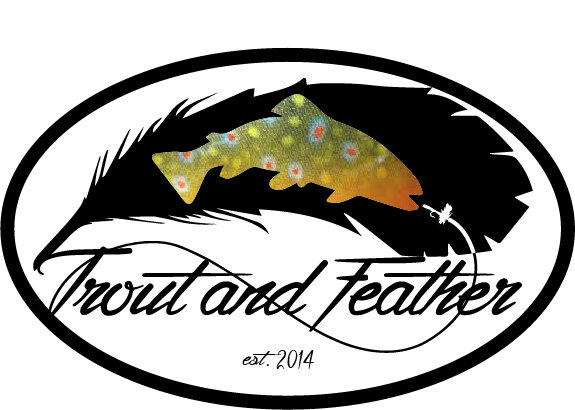When I moved from Pennsylvania to New England, I was initially very discouraged that the swampy rivers and hit or miss tail waters were nothing like my Keystone trout haunts. In retrospect, it was a bad attitude to have. After a few years I warmed up to the diverse opportunities that were in my backyard. I brainstormed, problem solved, and troubleshot my way through figuring out a new way of trout fishing.
It’s easy to be intimidated when starting into what seems like a featureless abyss. Break everything down into smaller segments, and most importantly, DON’T GIVE UP after you first experience fly fishing new water.
As I fussed over getting familiar with local trout rivers, I completely overlooked what should have been an immediate go-to. I realize now that the biggest opportunity that took too far long for a three-weight aficionado to appreciate was only a few miles away.
The ocean.
Not every angler has Seychelles-caliber water in their backyard. (Just like most trout anglers aren’t calling the Madison or the Yellowstone home.) But an overwhelming number of fly fishers live within a reasonable drive to the coast. Moreover, many people head somewhere beachy for business or pleasure throughout the course of the year. You are there; the fish are there. What is stopping you?
For freshwater folks, getting the most out of those first casts into the salt means not doing what you’re used to. Don’t fish, or even think like you’re on your brookie creek. It is still fly fishing, but it means doing things differently. Here’s four things to switch up when you start wading into saltwater:
Don’t be afraid to sound ignorant. Being an exceptional trout angler only translates a few ways into being a good saltwater angler. There is so much to learn. Nearly all of it is helpful in some way or another. A lot of intel actually comes from the conventional tackle side. There is less segregation once you get into the salt. Humility, and the ability to ask for help (including “dumb” questions), is the true measure of someone who wants to succeed.
Don’t be intimidated. The ocean is a big place. The tide is alien for freshwater fly fishers. There is the need to cast giant, heavy flies on long, bulky fly rods (into the wind; with waves crashing at your waist). But it is all very attainable and understandable if you are patient with yourself and the process. Slow down. Target one spot. Just get your fly where you want it to be and fish it consistently. If you are somewhere where you’ve been told fish should be, keep at it and tune out the vast panorama around you.
Don’t go light on gear. There is a time and a place for little flies and light lines in salt water. But those situations are few and far between. Shed any preconceived notions about “feeling fish fight“ and what constitutes a fly that is too big. If you are used to five- and six-weights, that nine-weight is going to feel awfully unwieldy. But stick with good mechanics and you will be on the right track. Practice. Build up some strength. Add some new memories to your casting muscle memory. Also, remember that even the “small fish” are going to attack pretty sizable flies and take that nine-weight for a ride.
Don’t give up. Do you member the first time you tried to catch a wild brown trout on a dry fly? Maybe you lucked into it right off the bat. Chances are, it took more than a few failed attempts peppered with more than a little frustration. Again, just because you’re an expert in one facet of fly fishing does not mean that you are going to be a natural in another. Once you get into fish you’ll understand what the fuss is all about. You’ll also realize that it isn’t that complicated… as long as you don’t do what you shouldn’t do.
Read more of “The Pursuit of Fish” blog HERE

